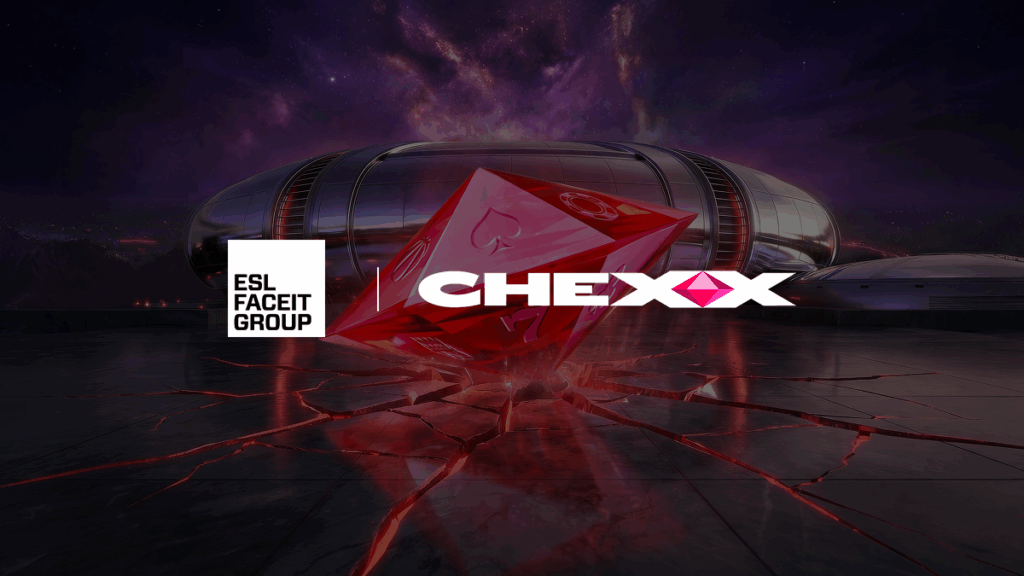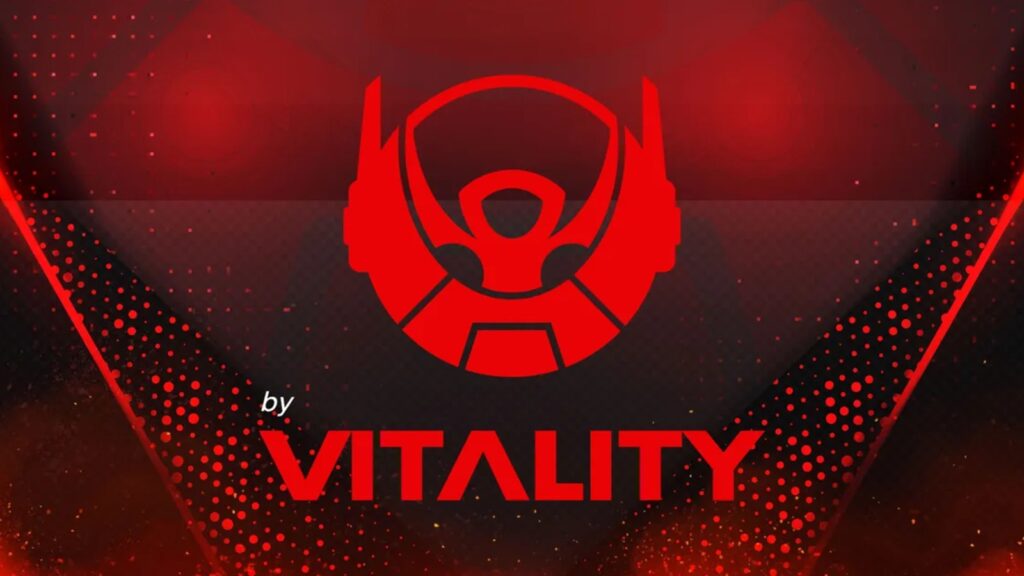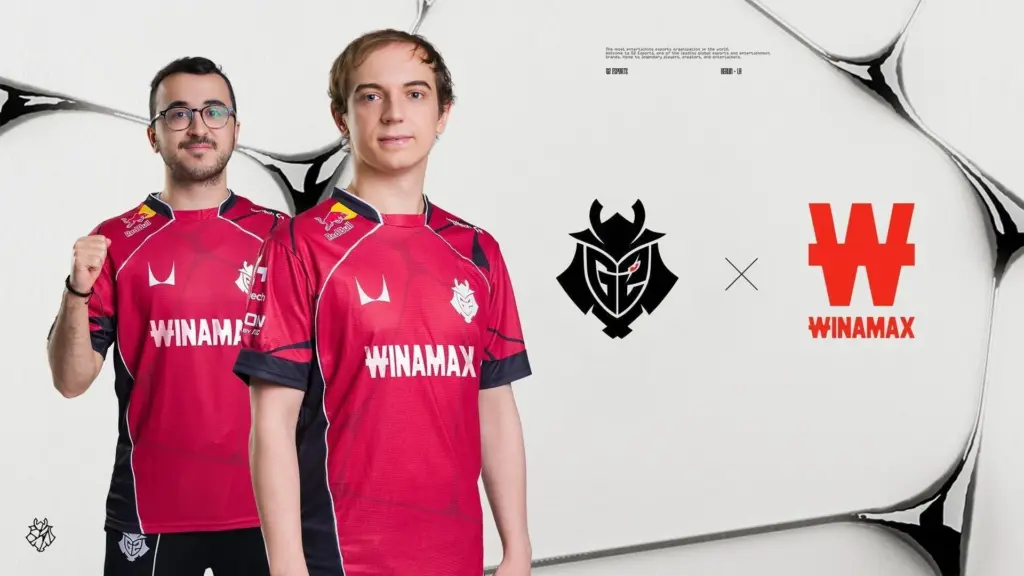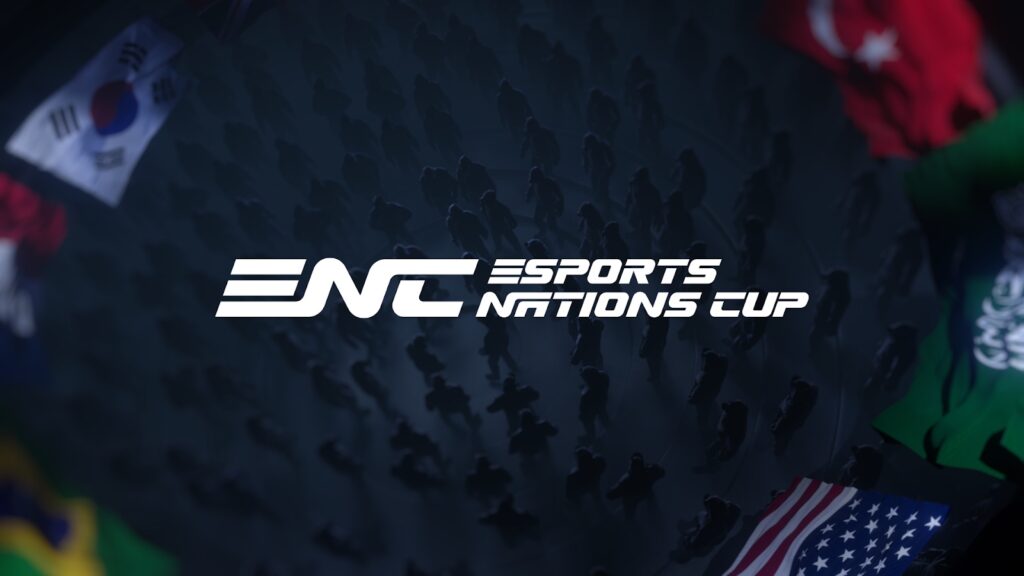Private Funding in Esports – Does it comes with strings attached?
As with every business, esports companies have to make and receive money to function. For this exact reason, some turn to private funding to help their business run. What is private funding, though, and is it right for your organization?

What constitutes private funding in esports?
By definition, private funding is when a business, foundation, or association invests a large sum of money into a company. Funding can be given either when a company is just starting up and needs investors who believe in its cause to get up and running or when a company already exists but wants to expand.
These funds are either loans that must be paid back at a later date or are given in exchange for equity in the business. Either way, the investors will expect a return on their initial investment somehow. If a business doesn’t look like it will have the ability to pay back the investments made into it, it will have a hard time raising money.
Private investors have helped some top esports companies expand their operations and their commercial growth. Without investors, it’s unlikely that these companies would operate at the level they do now.
When advertising platform Anzu raised $9 million of funding from companies like BITKRAFT Ventures and Sony Innovation Fund it was a commitment toward blended in-game advertising as a concept. Anzu has worked with a lot of companies you might have heard of, like Xbox, Ubisoft, Samsung, Vodafone, and more.
Tournament organizers Nerd Street Gamers initially raised nearly 12 million in funding, and went to expand and organize events for various esports titles. Nerd Street Gamers have been very active in the Valorant scene, having hosted many tournaments thereafter.
Plenty gaming and esports companies turn to private funding, and there is even entire monthly digests showcasing big money movers in the industry.
Is private funding always the answer?
As we mentioned in the first paragraph, “the investors will expect a return on their initial investment.” For some companies, returning that initial investment might not be possible due to their size or other factors like profitability. For example, an established tournament organizer like ESL or Nerd Street Gamers who host events worldwide have a higher chance of returning investments than a small esports team that is just starting.
Thus, even though private funding might seem like an excellent way for companies to receive a large amount of money, it’s not practical or even safe for everyone. Organizations that are just starting are better off investing their own money until they gain some footing in their industry. Asking for donations on websites like GoFundMe or Kickstarter could also prove fruitful, granted that you have something to offer that people are interested in.
When should an esports organization opt-out of private funding?
There are several questions that esports organizations should ask themselves when considering private funding.
- First, can you pay back the investment with interest? In other words, will your operations make enough money to pay back the investment and then some? When asking this question, consider the timeframe in which the investor expects their money back.
- Second, can you fulfill your client’s expectations? Are you able to deliver the product or service that you promised? This is an issue that plagues GoFundMe and Kickstarter projects, and you do not want to be in their shoes.
- Finally, does the funding come at a risk of losing oversight, shift company culture or losing fans and followers? If the answer is yes, then look elsewhere.
If you find yourself giving the “wrong” answer to any of these questions, that’s a red flag. That means you should consider alternative methods of raising money because going into private funding at this stage could spell disaster.














